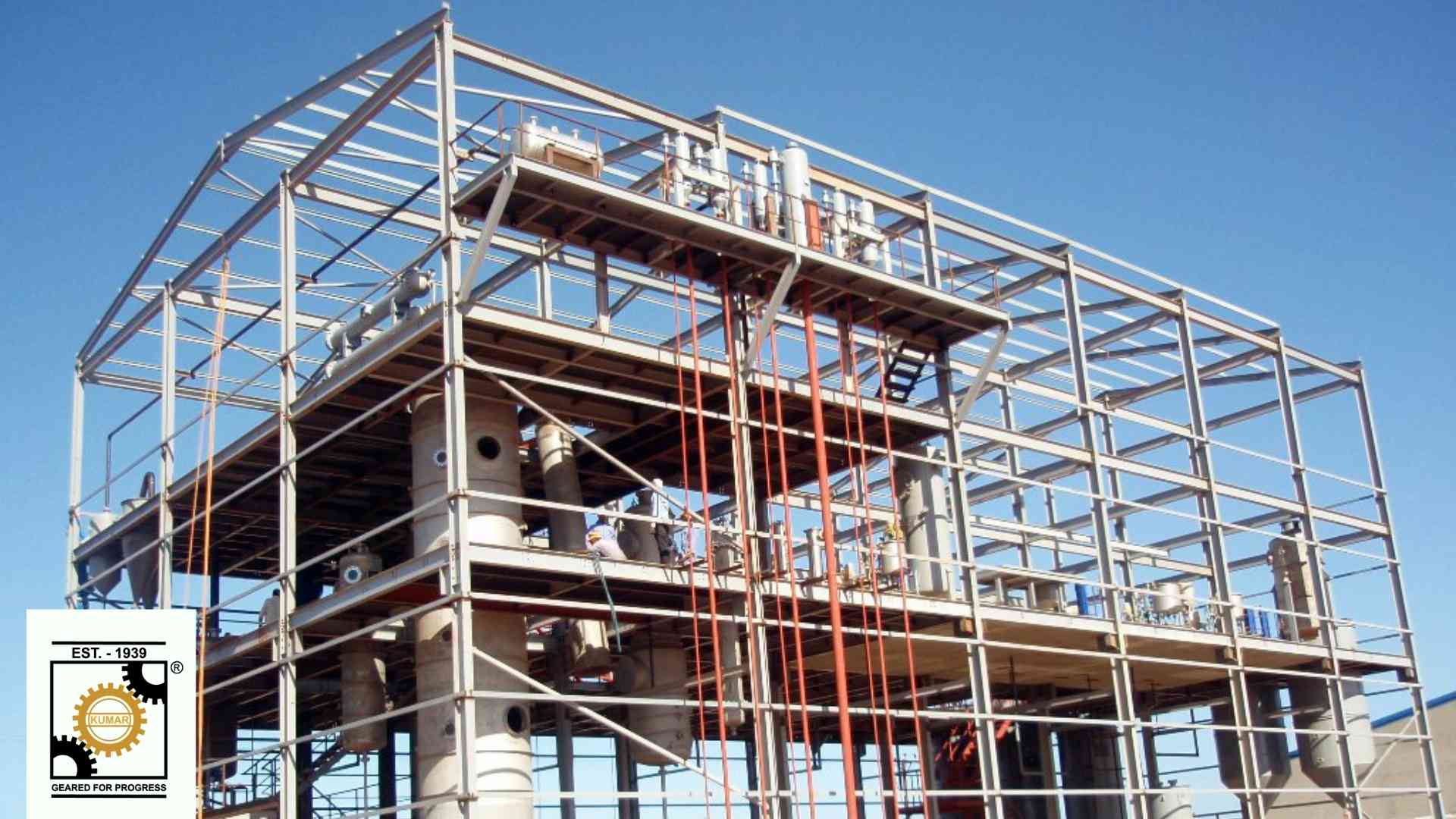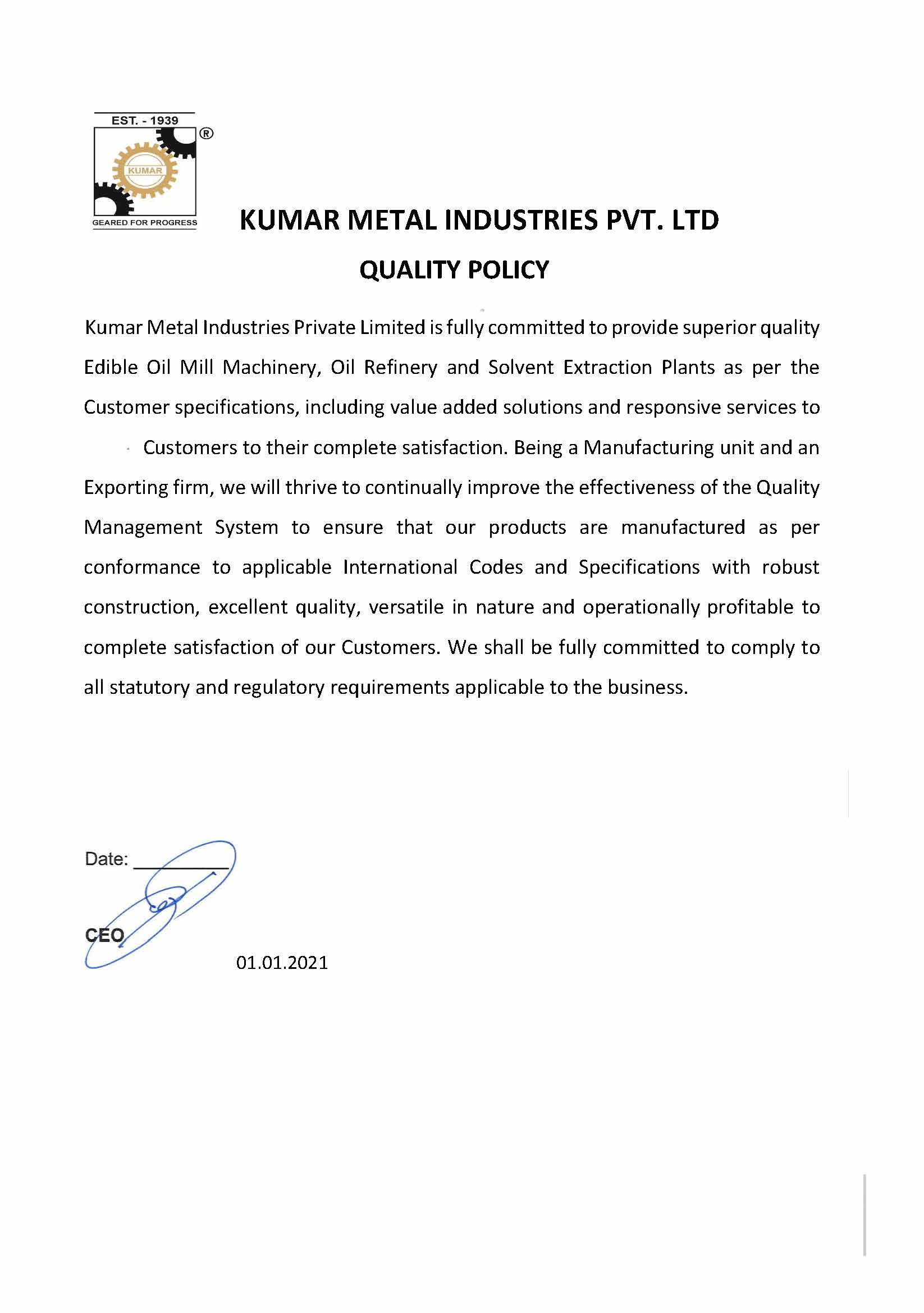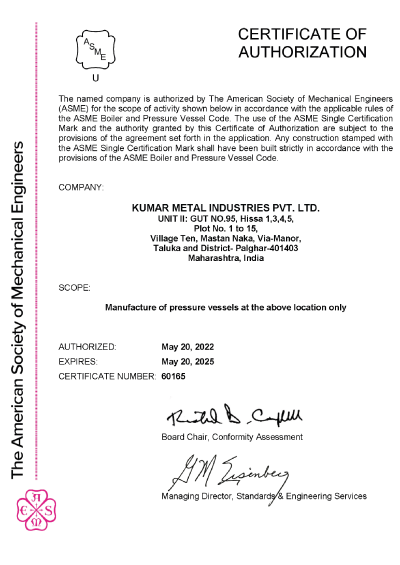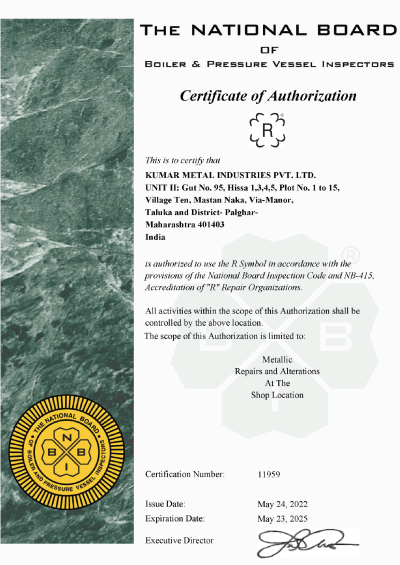
Setting up an edible oil refinery may seem like a piece of cake. You get in touch with some edible oil refinery plant manufacturers, get a quote for the machinery you need, get it installed, and voila! You’re good to go. Right? Not quite.
Setting up an edible oil refinery plant may be easy, but setting up a good one? Now, that’s a more complex endeavour. The edible oil business in India is competitive, but that doesn’t mean you have to compete only on price. There is a huge market for premium oils, sustainably sourced oils, and healthy oils. This means that your business need not be overly cost-conscious; you can invest in top-notch equipment, employ a highly skilled workforce, and commit deeply to establishing a state-of-the-art edible oil refinery plant. How exactly can you get from a moderately profitable edible oil business in India to a thriving, sophisticated, and quality-conscious one? This blueprint is here to help you mark out your route to success.
The Basics
It goes without saying that before we get into the finer details which will help you elevate your edible oil manufacturing process, we need to start from the very basics. The foundation on which all the added benefits of automation, intelligent engineering, and sustainability can sit strongly and comfortably.
Location
Before you decide anything else, you should decide where you want to operate out of. This will affect several other aspects of your edible oil refinery plant, like transport costs of raw materials and finished products, the availability of infrastructure and utilities, and the ease of procuring permissions. If transport and logistics threaten to eat into your budget too much, you should consider setting up your refinery close to the source of your raw materials. If it’s infrastructure, utilities, permissions and taxes that are making up the lion’s share of your costs, finding space in an industrial or economic zone is a good idea as this may entitle you to subsidised inputs, tax rebates, and other incentives to run an edible oil business in India.
Raw materials
As an edible oil refinery plant, your raw materials are crude oils extracted from sunflower seeds, groundnuts, rice bran, or whatever other oil you are dealing in – that choice of raw material will affect and be affected by your geographical location. The culture, consumption patterns, and market demand in the regions you are planning to sell your product will also influence your choice of raw material. Ideally, you should go for oil-bearing materials which you can source most easily and conveniently, and which will yield a final product that has a substantial demand in the regions where you sell. For example, India is primarily an import market when it comes to edible oils because the country consumes way more oil than it can produce itself. So an edible oil business in India would do well to produce refined sunflower oil, mustard oil or coconut oil, each of which has a massive demand in different parts of the country.
Batch vs. continuous refining
Let’s come to the more technical decisions you need to make. When deciding between batch refining and continuous refining, you might want to consult edible oil refinery plant manufacturers. This is because your decision depends on numerous factors like the stability of the crude oil you are working with, the scale of your operations, the demand for your product, and the budgetary constraints you are working within.
If you are just beginning to dip your toes in the oils and fats refining industry, you might want to start out with a batch refinery. This is perfect for small-scale operations as it is relatively simple to operate and fairly quick to provide returns on your investment. Capacities for batch-type refineries can begin as low as one tonne per day (TPD) and go up as high as 25-30 TPD. Batch refining is ideal for small quantities of oil; it is also perfect for unstable crude oils that need immediate refining as they would deteriorate if stored for too long. Though batch refineries occupy less space, they tend to consume more utilities. For larger oil refining operations, with production capacities that go up to 5000 TPD, especially in plants which can’t afford too much downtime, continuous refining is the way to go.
Licenses
Getting started without all your licenses and permissions in place is the surest way to premature closure. When it comes to food and beverage, including edible oils and fats, we can’t stress how important it is to comply with applicable regulations. And with good reason – the health and safety of your consumers depends on your adherence to quality standards. In fact, its not just your consumers but also your own workforce and environment, whose safety depends on your compliance. So research the permissions and certifications which you need to get from national, regional and local authorities. In India, you most definitely will need valid FSSAI and BIS licenses from the central government to operate. You will also need permissions and licenses regarding pollution control, labour, fire safety, and more.
Elevating to a State-of-the-Art Edible Oil Refinery Plant
Alright, so you’ve got the basics down. Now for the extras, the value-adds which will help you set yourself apart from any other edible oil business in India. Working with skilled and experienced edible oil refinery plant manufacturers is key to implementing these well, so be sure to bring your equipment partners on board as you assess how to incorporate these additions into your edible oil manufacturing process.
Automation
Sure, it’s possible to extract, refine and package vegetable oils with traditional machines that need human intervention. But if your vision is a state-of-the-art facility with highly regulated, monitored, and streamlined operations allowing no scope for error, you can’t do without automation. Automation enables a consistency in process and product quality which is unmatched by manual operations. Especially in large-scale operations, it drives down costs in the long run; it also prevents resource wastage, minimises downtime, and enhances process safety.
Effective plant design and production planning
Not every edible oil business in India invests in sophisticated plant design and production planning, so this is an area in which you can set yourself apart from the competition. If your operations are already up and running, conduct a thorough technical audit to identify problem areas and devise solutions. If you’re still in the planning stages, bring the edible oil refinery plant manufacturers of your choice onboard and work collaboratively to ensure intelligent plant design, which will minimise project interruptions and delays once you do kick off your operations.
Production planning and process design is just as essential. Craft a nuanced production plan keeping in mind your plant capacity, supply chain logistics and any anticipated constraints, and potential budget overruns. Your overall production flow should be guided the specifics of individual processes which may require certain retention time, heat recovery, precise chemical dosing, high shear mixing for proper chemical dispersion, and more. Efficient edible oil refinery plants also enable product switchover in short periods of time with no product intermixing. Planning for precision, like in SOPs, colour coding of pipelines and food safety measures prevents bottlenecks from holding up production. As with all endeavours, simple or complex, failing to prepare is preparing to fail.
Sustainability
Finally, we come to sustainability. Far too many edible oil refinery plant manufacturers and oil refineries themselves focus so much on bringing down costs in the short term that they lose sight of the bigger picture. Incorporating measures for environmental, social and economic sustainability is not only a responsible but also a smart way to go. Certifications – like RSPO certifications, Roundtable on Sustainable Biomaterials certificates, ISCC and Rainforest Alliance certifications – all validate your efforts to source raw materials responsibly. But you can go far beyond the bare minimum, earning the trust and respect of your consumers as you contribute positively to the people, communities, and industries you interact with. You should make the most of the principles of circular economies, redirecting the by-products from edible oil refining to industries where they are useful. Doing so will not only help you add to your revenue, but it will also help generate employment in other industries and prevent unnecessary waste generation.
So there you have it. The subtle differences in your approach to your edible oil manufacturing process which can help you elevate yourself from being just another edible oil manufacturer to a sophisticated one who makes a meaningful contribution to the industry, to your consumers, and to society at large.
Request a callback
Since 1939, Kumar has been delivering dependable process engineering solutions to the oils and fats industry. We're known for our robustly engineered, versatile, and operationally profitable plant and machinery. It's why customers all over the world depend on us to solve their processing challenges, big or small. If you'd like to know more about our solutions, please fill out the form below:
"*" indicates required fields



















